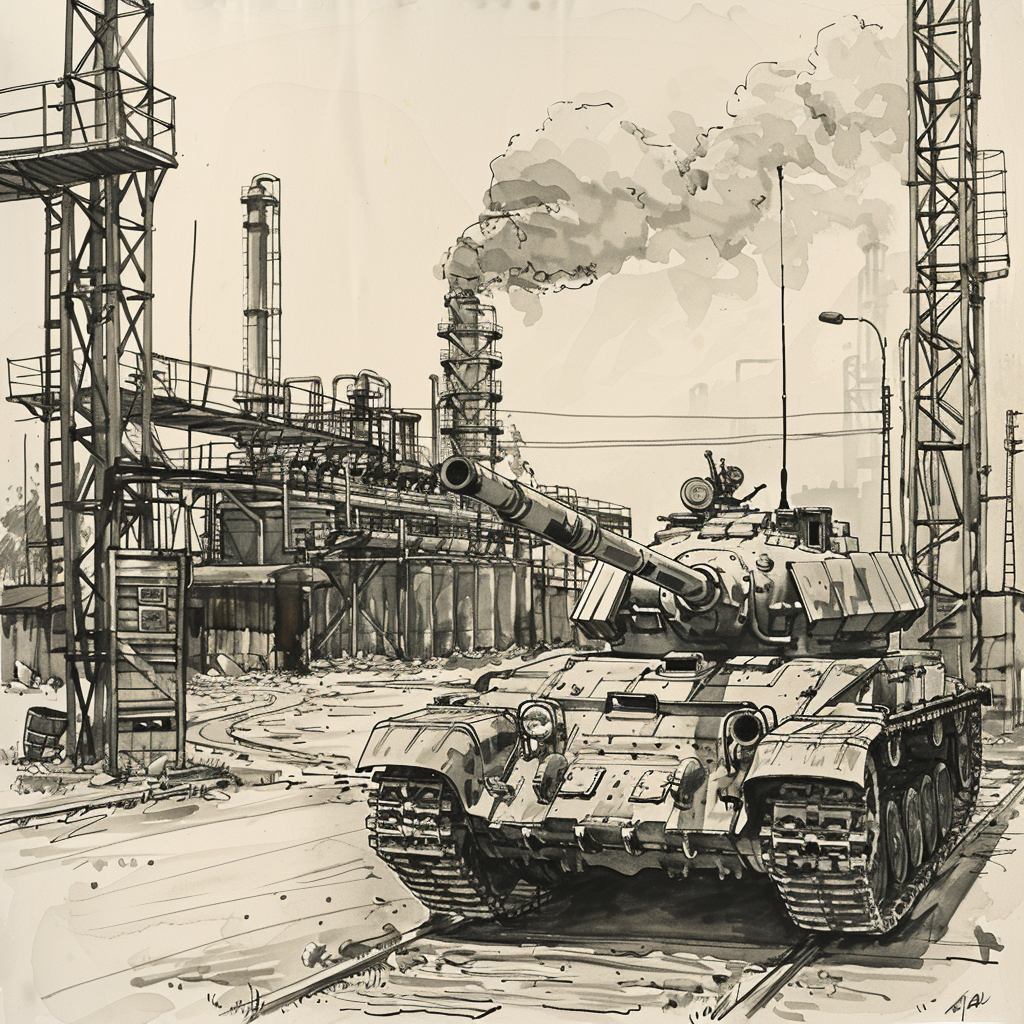The lack of a debate led to serious flaws in the socialist planned economy. In short, the people were dissatisfied, and the workers’ uprising on June 17, 1953, could no longer be prevented.
This post has been moved. Please follow us on Medium to read and/or listen (!) to it in full.
The Bright Side of the Doom, a Prequel to 1984, The 18-Year-Old Who Wrote a Note and Disappeared is now available worldwide in bookstores as a hardcover, paperback, and e-book‼️
